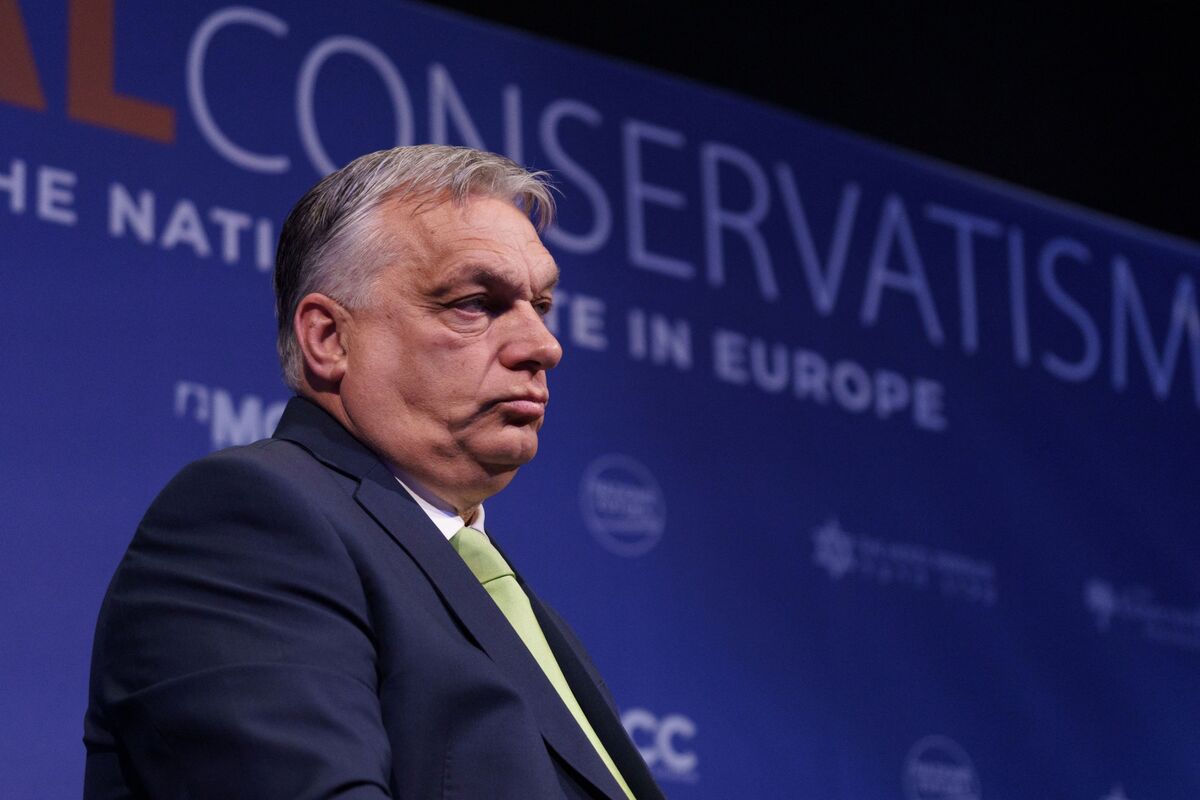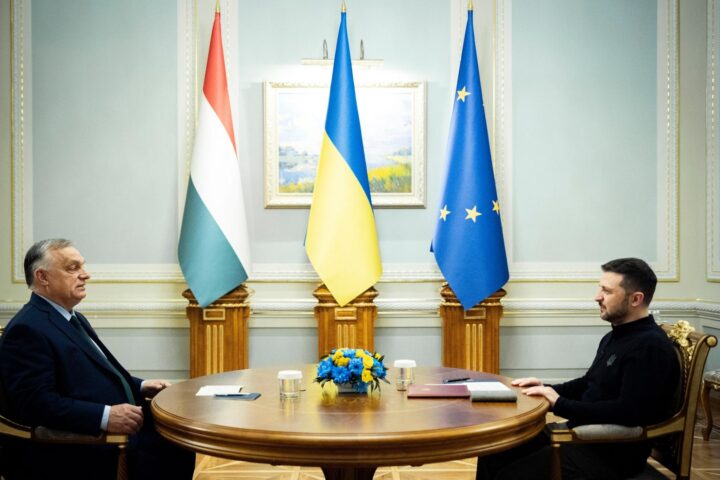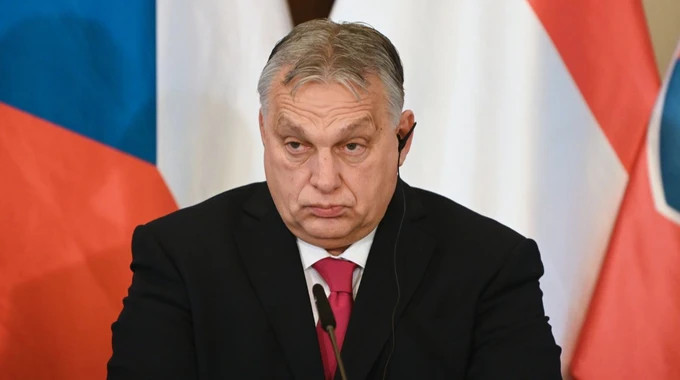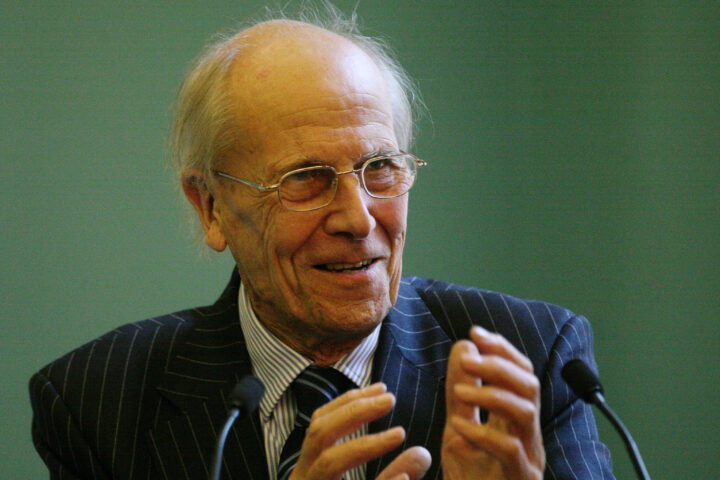Hungarian Prime Minister Viktor Orban has once again accused the opposition Tisza Party of acting in the interests of European institutions in Brussels and of maintaining close ties with Ukraine. Speaking on October 7, 2025, Orban claimed that Tisza’s foreign policy was “dependent on external forces,” which he called “unacceptable.” The remarks come as his ruling Fidesz party faces declining approval ratings, while Tisza, led by Peter Magyar, continues to gain momentum among Hungarian voters.
Hungary enters pre-election turbulence ahead of 2026 vote
Parliamentary elections are scheduled for April 2026, but the campaign has effectively already begun. The Orban government faces mounting economic troubles, including slowing growth and rising inflation, prompting economists to warn that Hungary may be heading toward recession.
The European Commission has suspended several financial aid programs and subsidies to Budapest due to the government’s long-term erosion of rule of law and democratic standards. Analysts believe that if the upcoming election is free and transparent, Fidesz and Orban could face their toughest challenge in years.
Russian intelligence statement sparks diplomatic tension
The latest clash between the government and Tisza dates back to August 13, 2025, when Russia’s Foreign Intelligence Service (SVR) issued a statement claiming that the European Commission viewed Hungary’s leadership as “an increasing obstacle to a united Europe.” The report also said Brussels was angered by Budapest’s efforts to pursue an “independent policy,” particularly regarding Russia and Ukraine.
The SVR further described Magyar as “loyal to globalist elites.” In response, Foreign Minister Peter Szijjarto said the Russian statement contained “nothing new,” echoing Orban’s long-standing accusations that EU leaders were conspiring to remove him from power. Magyar, however, condemned Moscow for interfering in Hungary’s internal affairs, calling the allegations part of a broader campaign to destabilize the opposition.
Allegations of ties between Tisza and Ukrainian intelligence dismissed
Earlier, on May 13, 2025, Orban alleged that Tisza was cooperating with Ukrainian intelligence services in what he called an “unprecedented operation” against Hungary. According to him, the campaign aimed to block a referendum on Ukraine’s EU membership. In a video address, Orban accused Tisza of acting as a “participant in a foreign intelligence operation.”
Magyar dismissed the claims as absurd and politically motivated, filing a police complaint against the prime minister for spreading disinformation. He argued that Orban was misusing Hungary’s security services to discredit the opposition, driven by fear of losing power.
Government strategy: external threats and conspiracy narratives
Observers say that Fidesz and Orban are trying to mobilize their base ahead of the 2026 vote by reviving narratives about foreign conspiracies and external enemies. The repeated accusations against Tisza fit into this broader strategy, reflecting the growing challenge posed by Magyar’s rising popularity among disillusioned voters.














